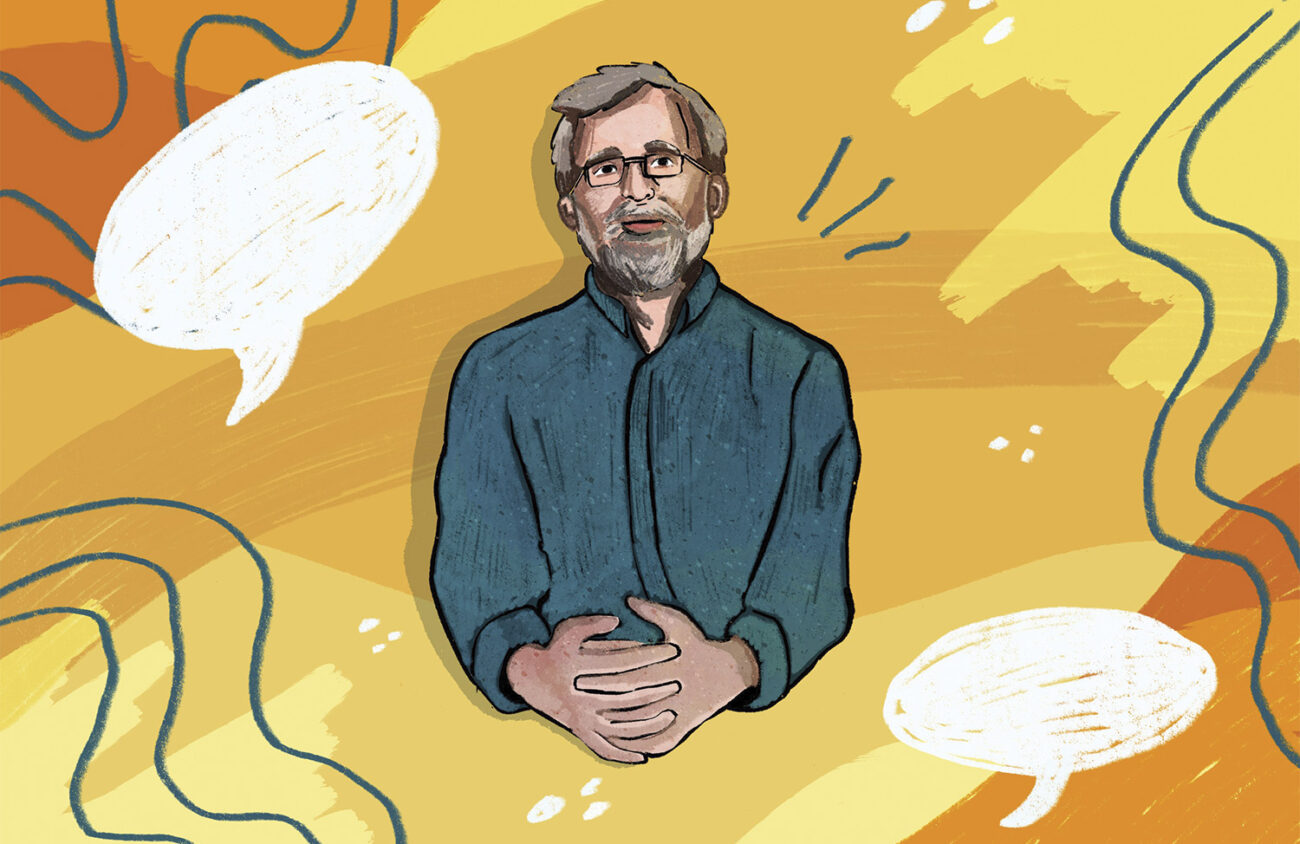Much has been made of Elon Musk’s salute at Donald Trump’s inauguration, which eerily appeared like the infamous “Sieg Heil” of the Nazi era. Whether it was so intended is a matter of debate and was strongly denied by Musk himself.
There is another and much more critical comparison to be made to the Hitler era that should be noted and that is to the Kirchenkampf, or “church struggle” over control of the German church from 1933 to 1945.
One side of the Protestant church was known as the Deutschechristen (DC), or “German Christians” who were generally supportive of Hitler, including hanging the Nazi flag in their churches.
The much smaller group went by the name Bekennedekirche (BK) or “Confessing Church,” so named for the Barmen Declaration (or confession) of 1934. Largely written by Swiss theologian Karl Barth, the Barmen Declaration in essence said that the church has only one “Führer” — and it wasn’t Hitler. (Hitler was actually not named, but the intent was obvious.)
The work of the BK movement was made famous through the martyrdom of Dietrich Bonhoeffer, executed on personal order of Hitler shortly before the end of the war. The book he wrote prior to his imprisonment, The Cost of Discipleship, is often considered one of the classic texts of Christian theology.
Equally influential in the BK movement was Martin Niemöller, a Berlin pastor who was the primary instigator of the 1934 Barmen conference and who was sent to a concentration camp in 1937 for his outspoken opposition to Hitler. Niemöller is best known for the saying that begins, “First they came for the socialists and I did not speak out because I was not a socialist….”
And it was Niemöller who pushed the Evangelishekirche Deutschland (EKD), the primary Protestant church of Germany, to issue the Stuttgart Declaration of Guilt in 1945, stating in part, “Through us infinite wrong was brought over many peoples and countries.”
With that confession the EKD essentially admitted that the BK members more faithfully represented the Christian faith while those affiliated with the DC churches made the wrong choice.
Our version of the Kirchenkampf is being played out today and became evident in the aftermath of the prayer service held on the morning after the inauguration, Jan. 21, at the National Cathedral in Washington, D.C.
In that service, Episcopalian Bishop Mariann Budde courageously and modestly asked the newly installed President to show mercy on the vulnerable who lived in fear, including gay, lesbian and transgender children and workers without proper documentation.
The Rev. Budde went on to say, “…the vast majority of immigrants are not criminals. They pay taxes and are good neighbors. They are faithful members of our churches and mosques, synagogues, gurudwaras and temples. I ask you to have mercy, Mr. President, on those in our communities whose children fear that their parents will be taken away.”
The president was not pleased by the sermon, to say the least. But it is not Trump’s reaction that concerns me. It is the response of religious leaders who were quick to condemn the bishop that I find most worrisome.
Franklin Graham labeled Budde as a LGBTQ+ activist who hates Trump. Sean Feucht, a prominent promoter of Christian nationalism, posted on X, “We were all cringing in the room along with the President with how outrageous this was! This is not a church and she is not a pastor.”
Lucas Miles, senior director of Turning Point USA, was quoted in the Washington Examiner saying, “… a woke clergy member hijacks a church service to promote partisan rhetoric, personally attack the President… and distorts the truth about illegal immigration.”
Pastor John Amanchukwu, a staff contributor with TPUSA, told the Examiner: “Many fear a wolf in sheep’s clothing, but there is nothing worse than a wolf in Bishop garments. She’s heretical, diabolical ….” and televangelist Mark Burns posted on X, “Her partisan lecture was inappropriate and embarrassing.”
In fact, Budde did not attack the president in any manner, and her rhetoric was rooted solidly in the Biblical tradition of speaking truth to power. Fortunately, support from her colleagues, other Christian leaders and everyday folk in pews across the country, has been strong.
There is nothing new about Christians lining up on opposite sides of political debate nor of preachers like Budde challenging a president with appeals to the Gospel. That is the job of a competent preacher. The lesson of the Kirchenkampf is clear — only one side is faithful to the Gospel. I vote for mercy.
